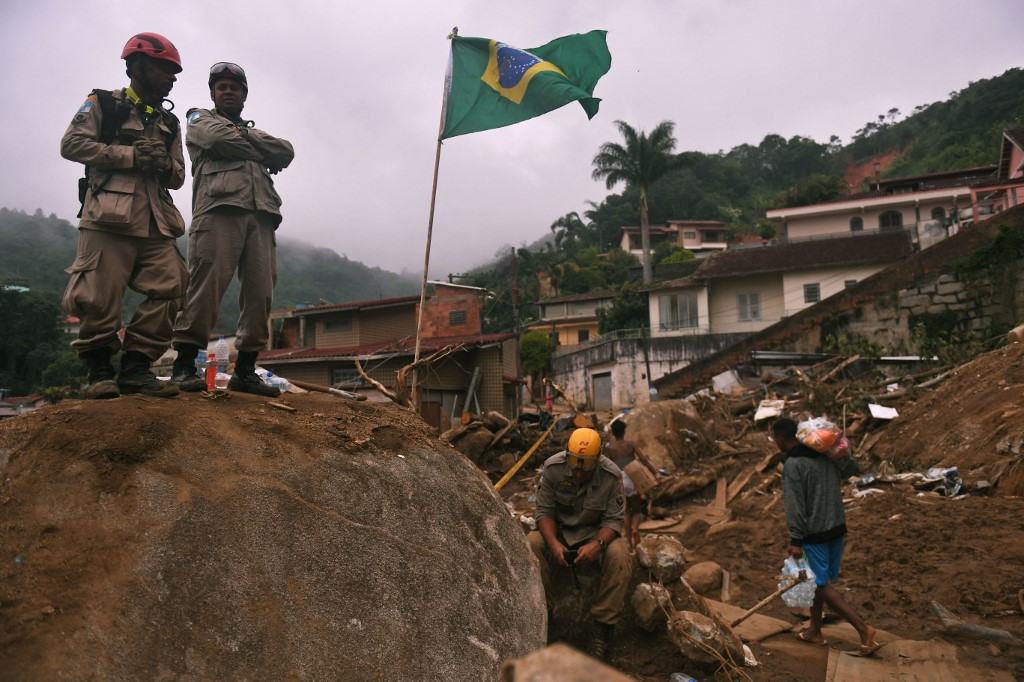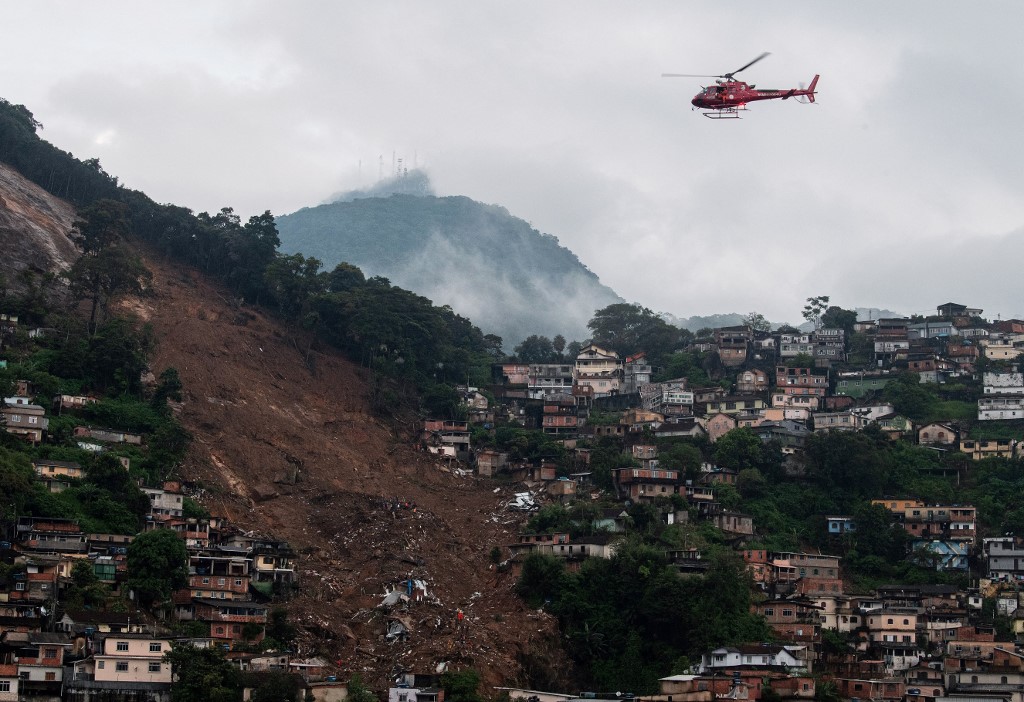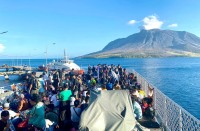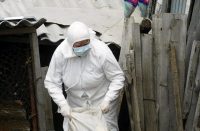
RIO DE JANEIRO, Brazil (AFP) – The death toll from flash floods and landslides caused by torrential rain in the Brazilian city of Petropolis has surpassed 200, authorities said Wednesday, as they continue to recover bodies more than a week after the storm.
Around 51 people are still missing, but that number is expected to go down as bodies are identified and families are reunited, police said.
Among the 204 bodies recovered, 188 had been identified as of Wednesday, Rio de Janeiro police said.
Some 800 people were being housed in emergency shelters after the deluge left their homes damaged or destroyed.
The February 15 downpour turned streets in the picturesque tourist town north of Rio de Janeiro into violent rivers, the water taking cars, trees and soil along with it.

Officials are still waging a massive clean-up operation to clear the mud, rubble and stranded vehicles strewn around Petropolis, a city of 300,000 people that was the 19th-century summer capital of the Brazilian empire.
The storm, which dropped more than a month’s worth of rain in a few hours, is now the deadliest in the city’s history.
In the past three months, approximately 250 people have died in severe storms in Brazil.
Experts say the violent rains are being made worse by climate change.
© Agence France-Presse







